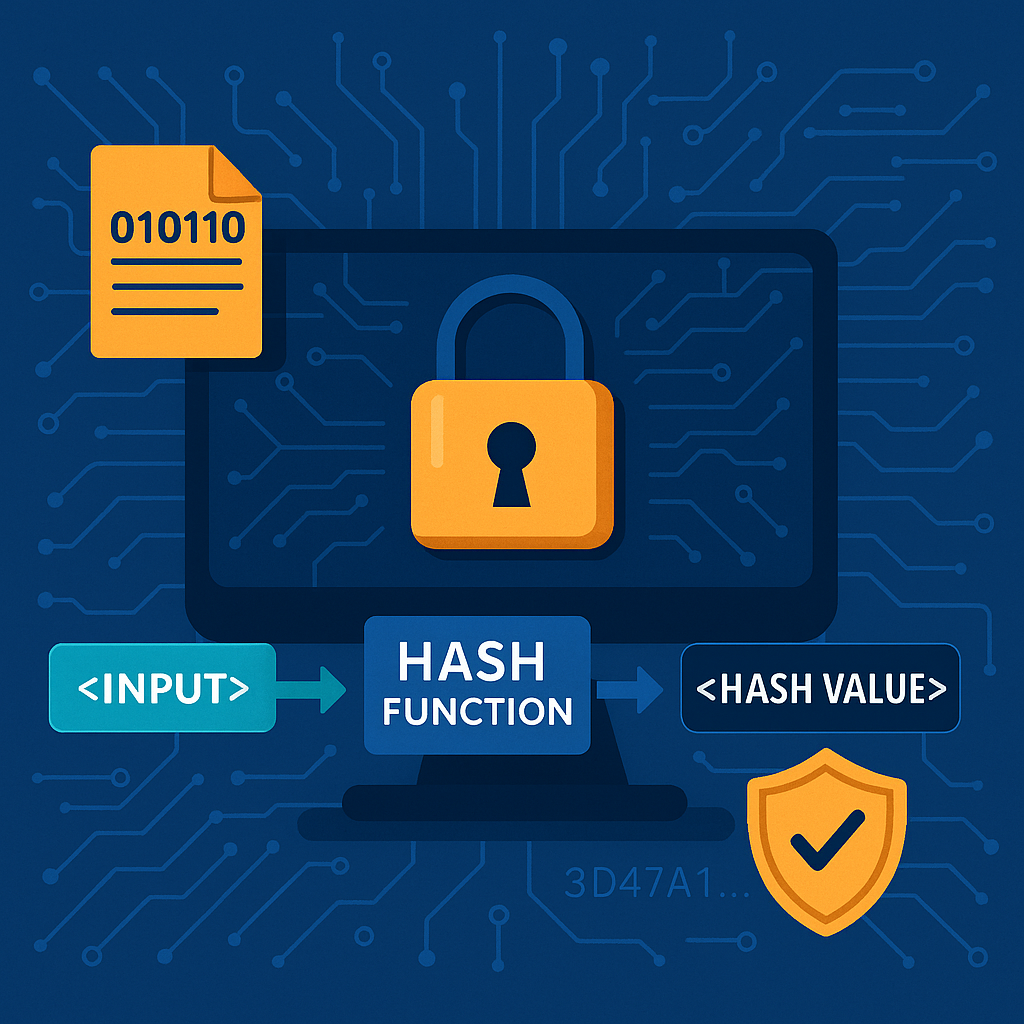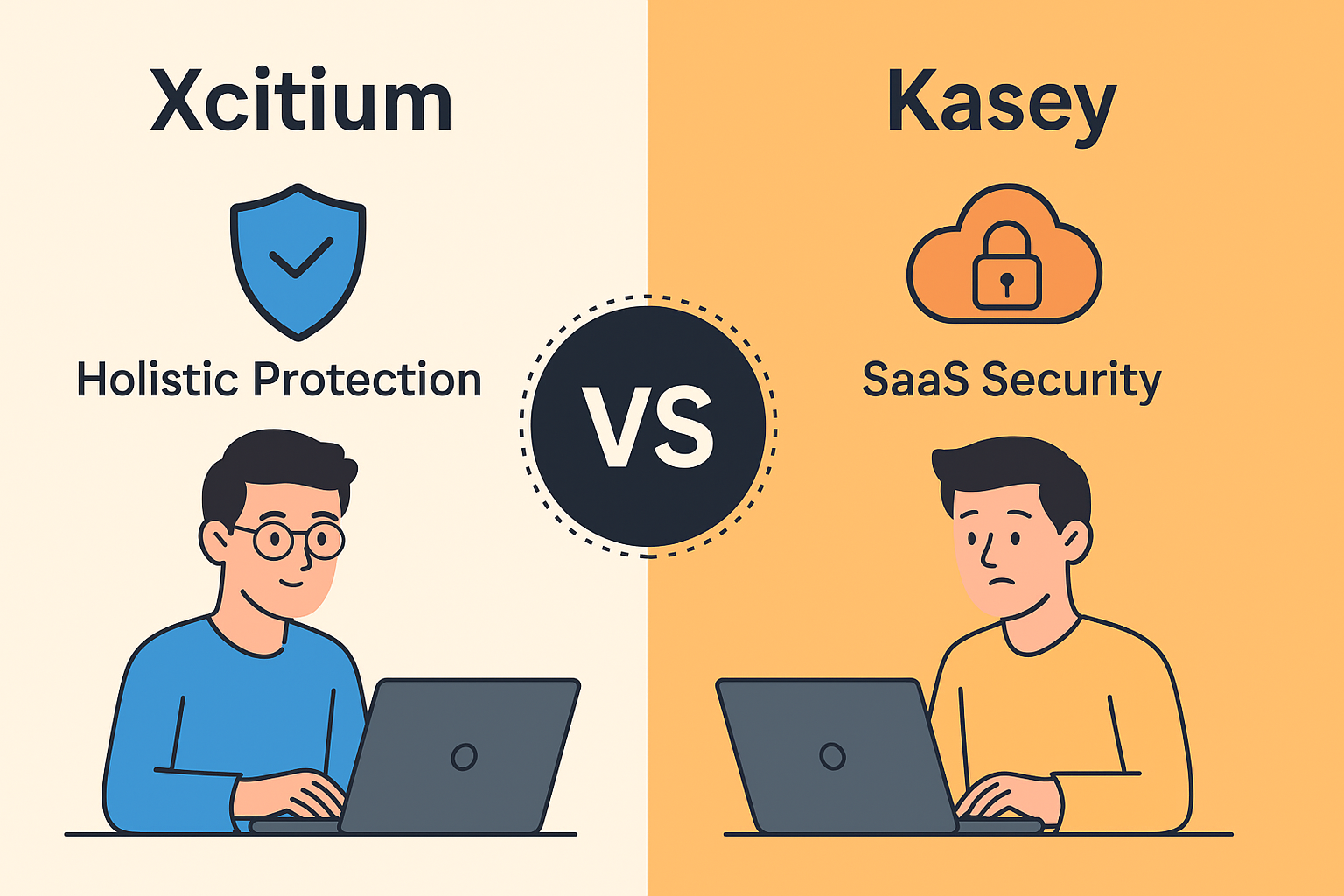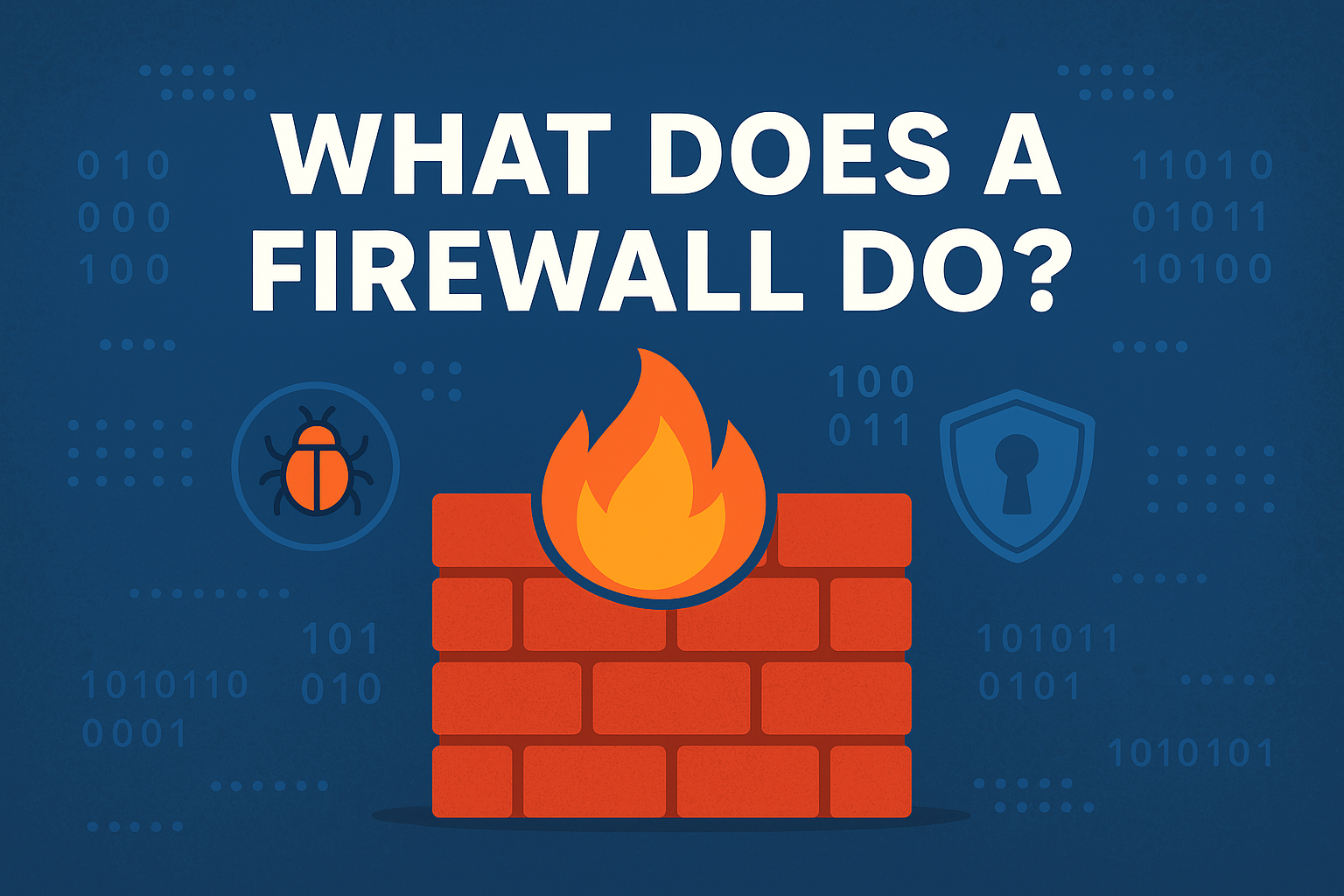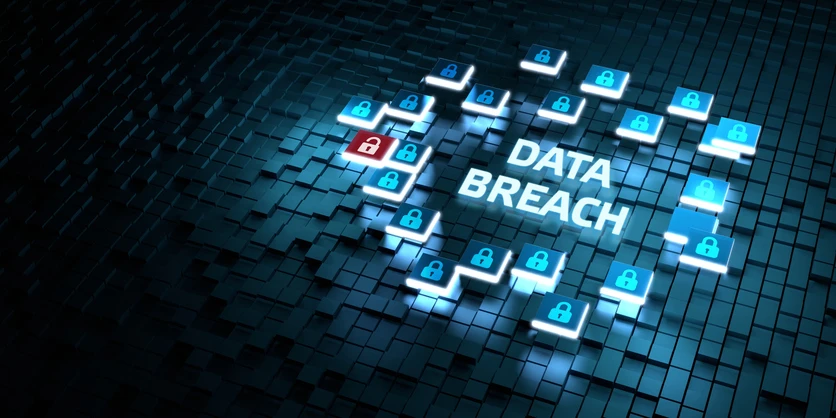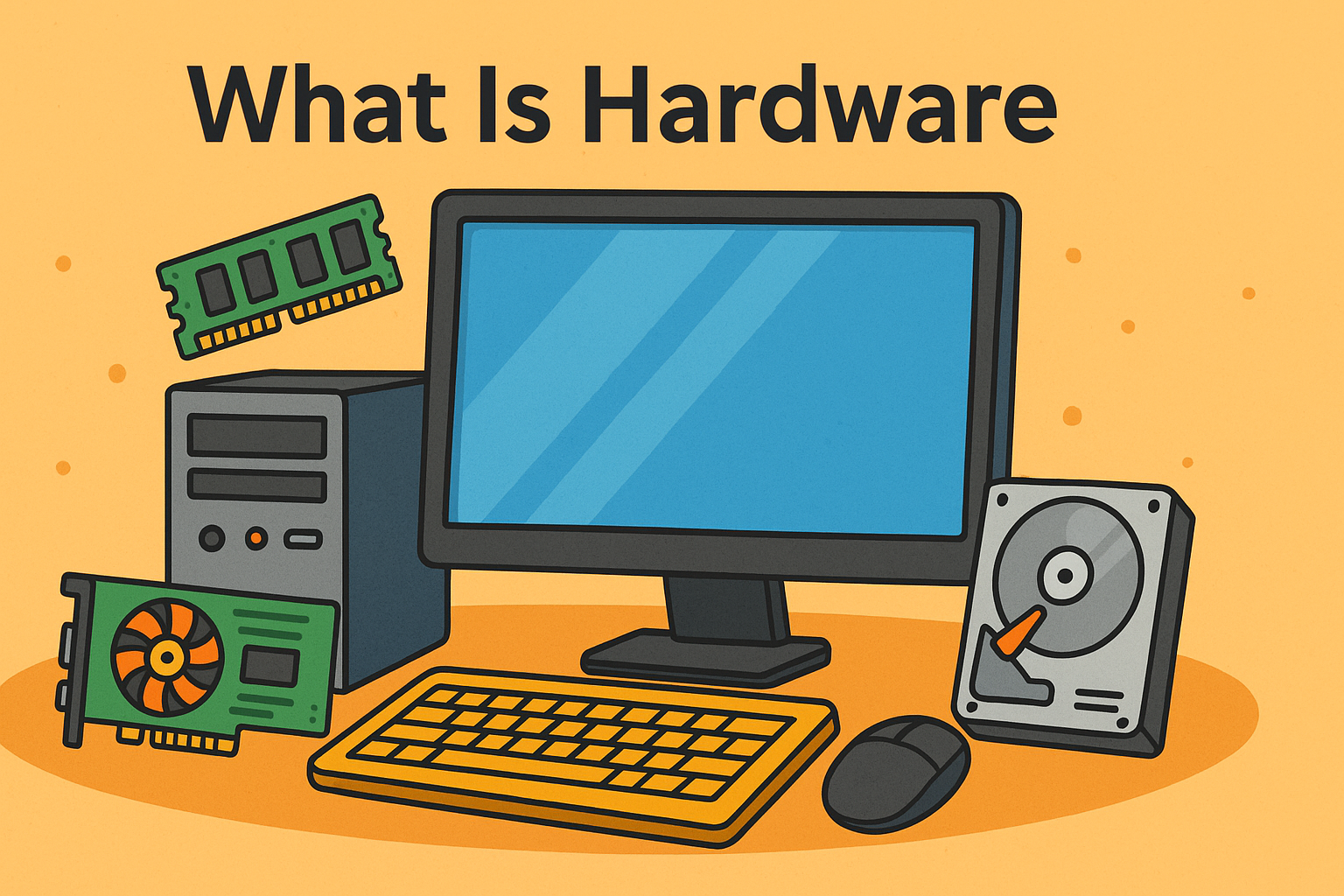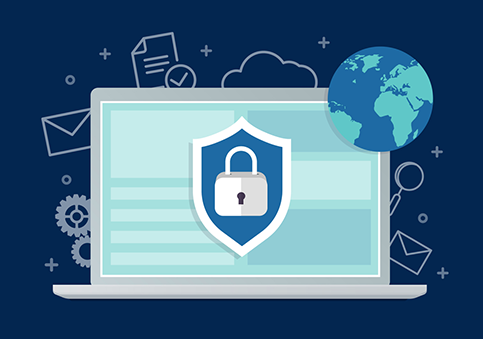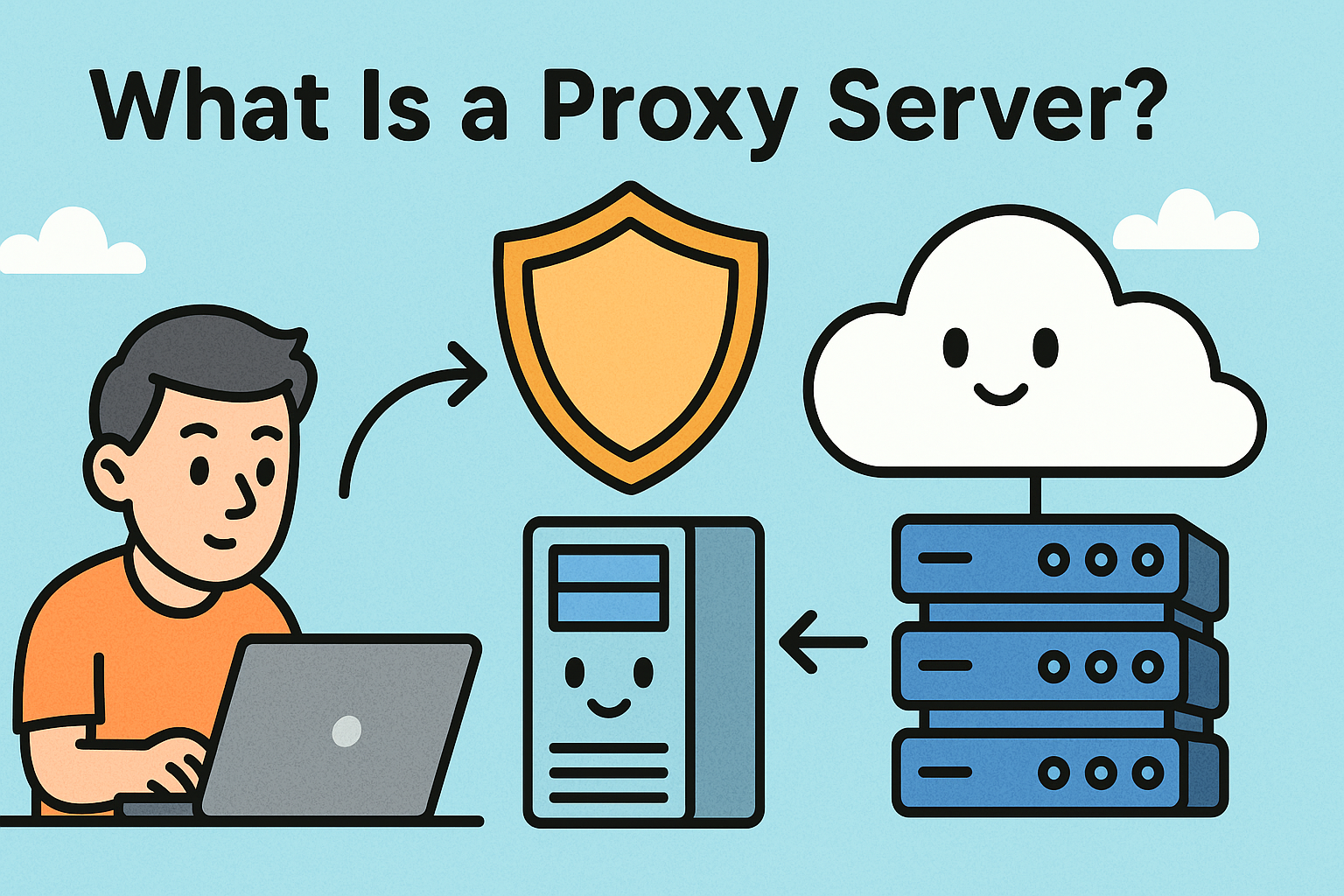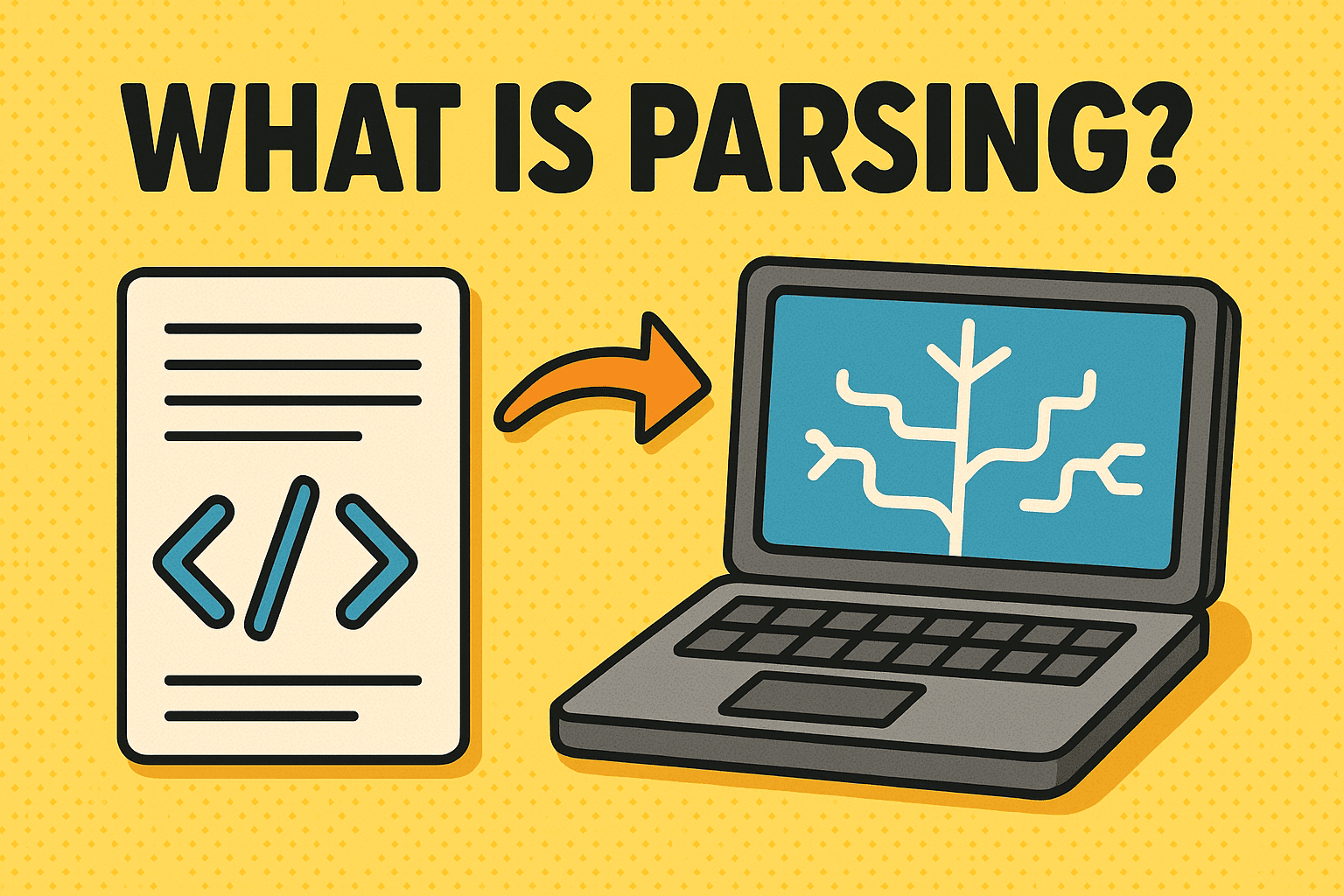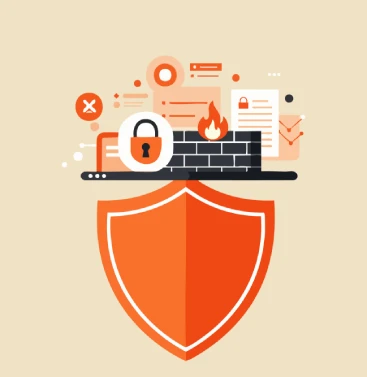How Can Ransomware Encrypt Encrypted Files?
Updated on October 11, 2022, by Xcitium

If you’re wondering “Can ransomware encrypt encrypted files?” The answer is, unfortunately, yes. As ransomware attacks are on the rise, more and more people are keen to learn ransomware defense mechanisms they can utilize for their cybersecurity. Ransomware encryption has become a hot trend for cybercriminals all over the world and thus, requires a little more awareness and vigilance from all web users as it poses very real threats to everyone’s personal and financial safety. Is anyone safe from ransomware? No, definitely not since any individual determined to create ransomware is now able to do so with the help of the internet, even without coding abilities. Ransomware encryption is within reach with online services that allow the creation of this malware through apps and services. However, there are also plenty of ways to build yourself a fort and layers of protection from ransomware, as well as all other types of malware, that are just as easy.
Encryption Types
You may ask, how can ransomware encrypt encrypted files? To summarize, ransomware works with ransomware encryption that locks the victim out of their computers, functioning as the hostage. Any computer or device without any form of ransomware defense is then vulnerable for such an attack. Once encrypted, it can only be unlocked by a decryptor code known only to the hijacker. Unless the ransom is paid, it will remain locked and beyond use. If you think that encrypting your files is a means of ransomware defense, then you are mistaken. Because encrypted files are not locked or immune to secondary encryption or malware encryption. Secondly, even if you use a partition, once the computer boots or is rebooted, it will decrypt automatically before encrypting again, which means the malware will still be able to take hold of it. There are two ways to answer “how can ransomware encrypt encrypted files?” that people should be wary of:
- File encryption – This type of ransomware encryption targets all the content of your computer. Files of any and all types will be locked and unrecoverable until decryption is done. Malware such as ransomware is built to supersede any prior encryption you might have done, which means that they are still not safe from further cyber-attacks.
- Device encryption – Another way that ransomware can encrypt encrypted files is through targeting the entire storage system of your computer as a whole. Where it renders your machine useless unless a ransom is paid. Because this method doesn’t need to scan through your files, having them encrypted would have no effect once the operational system of your computer is seized.
Cyber Protection
Now that we’ve answered, “how can ransomware encrypt encrypted files?”. The next question we have to ask ourselves is “how can we avoid being victimized by cybercrimes like ransomware?”. Since everyone can very well be amongst the thousands of people scammed or exploited in this manner, it makes sense to arm ourselves with proper protection for our computers. Here are some ways to protect yourself from ransomware:
- Instead of encrypting your files, back them up instead. One of the reasons why ransomware is such a popular way to coerce money out of its victims is the fact that people need their files. Be it personal or business, most people’s lives are saved in their PCs or devices. Hence, they are more susceptible to giving in to the threat. There are 2 ways to back your files up. You can buy an external hard drive and archive your files for safekeeping. Having a reserve or archived copy of your documents and photos not only provides a blanket of security but also helps organize your digital files much like storing winter things in the attic for the summer. Another, more convenient way, is to utilize cloud servers on the web. This allows automatic syncing for convenience. It also allows you to pull up your files on any device.
- Make sure that your OS and apps are up-to-date. Developers are accountable for the security of the apps they produce, which is why it’s important to make sure that you update all your systems to avoid cracks and breaches in your fort. Imagine this as the cracks in the walls of your home. It’s there to ensure that your house remains solidly able to hold your ceiling together.
- Now that we know that yes, ransomware can encrypt encrypted files, the biggest and most effective step to take is to rely on anti-malware services available on the internet. For personal users, a free service that serves the most basic security is enough. Business or heavy users, should check out free trials of more serious protection or invest in a full service that has bigger and more intricate coverage as they usually stand to lose more and thus, are more likely to be attacked. Partnering with reliable cyber protection can save you a lot of trouble, cost, and money in the long run as it prevents you from getting exploited by online burglars.
For reliable and comprehensive ransomware defense, visit Xcitium Cybersecurity today!




